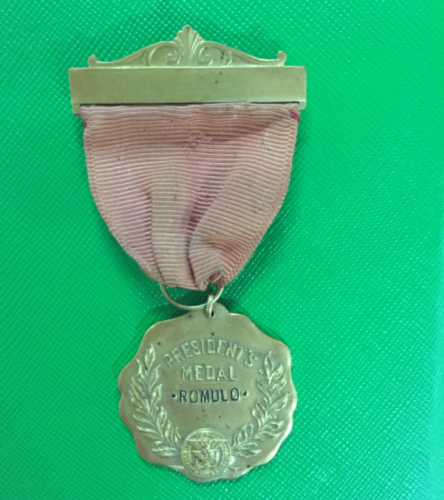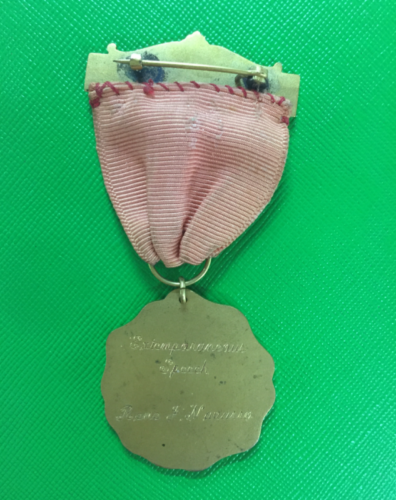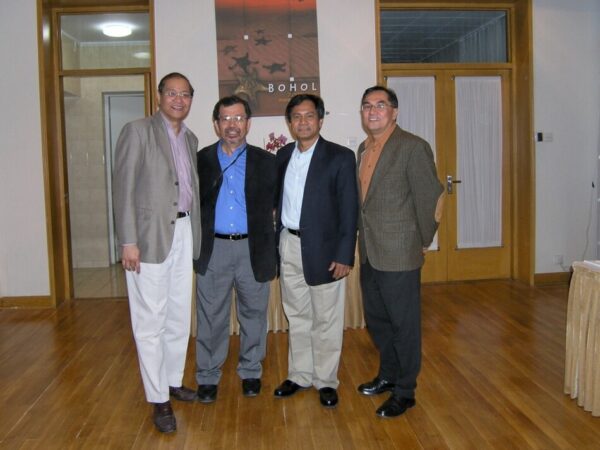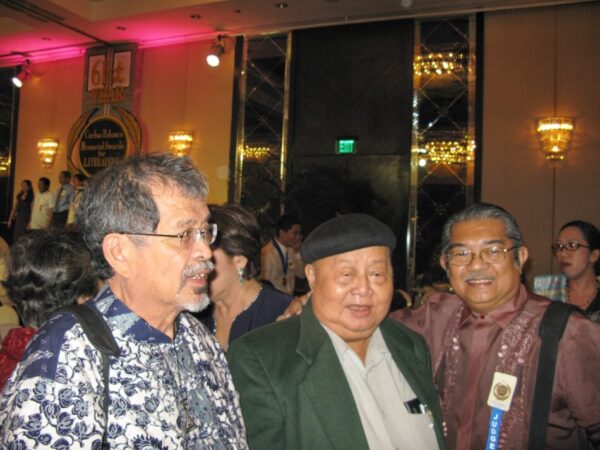Hi Rene, I just learned Jose David Lapuz, the grand Upo of the ’60s in Diliman passed on, after 3.5 months in the hospital. He was a bachelor, lived alone, had no visitors and died. A caretaker was the sole companion. A nephew took over his house, books, memorabilia (recto, rizal, etc). I remember he taught at UST. The news reminded me of our Diliman days. Just sharing. Vic R
Hey Vic,
It was time for The Lapuz to go. At our age, we’re seeing our contemporaries, many of them institutions of higher learning, pass to the Other World. Every time I receive some news, it seems to be about a friend or an acquaintance saying goodbye. Recently, it was Luis V. Teodoro, former editor of the Philippine Collegian, short story writer, activist and dean of the UP School of Journalism. Last year, it was Chito Sta Romana, former bureau head of a media syndicate in Beijing and until his death Philippine ambassador to China: every time I was in Beijing he, Jimi Flor Cruz (now ambassador) and Eric Baculinao took me out to dinner (the first one was in 1983). Heherson Alvarez, senator and human rights advocate, died from Covid19. A few years ago, we lost Nelson Navarro, writer and activist: in the Philippine consulate in NYC I delivered a tribute on the occasion of the gathering celebrating his life. (See my tribute in the Writings section.) Jose Ma. Sison, chairman of the Communist Party and poet, passed away in his exile in the Netherlands the last couple of years. Herson Alvarez, Rolly Domingo and I are mentioned in his poetry book “Brothers” as donors. And there was the much celebrated writer Ed Maranan: I recited poetry, rang a Tibetan bell and burned incense at his grave in Baguio with his sister Luchie, also a poet, in the middle of a typhoon. Ed and I spent dinners (I cooked, he brought a bottle of wine) and read poetry in London at the millennium. He attended my Tai chi seminars at INAM Philippines. He wrote an article about me for Philippine Star. He and I appeared in poetry anthologies, one time alphabetically side by side. I was his guest at a couple of Palanca Award nights at Peninsula Hotel. He published my essay “Reflections on the diaspora, a favorite uncle, fish head curry and a trip to the mountain” in the anthology he and his daughter Ellen edited, “A Taste of Home: Pinoy Expats and Food Memories”. Ed was a political prisoner during the Marcos era. And then sometime back there were the famous martial arts masters: Edgar Sulite, Topher Ricketts, Danny Go, Alex Co, Remy Presas and Johnny Chiuten. It makes me feel that I am the only one still alive, a relic or a fossil from the ancient past.
Jose David Lapuz was an institution in the University of the Philippines starting in the 1960s. He was a member of the SCAUP (Student Cultural Association of the University of the Philippines) along with Heherson Alvarez, Luis V. Teodoro, Rolando Domingo, Jose Ma Sison, Petronilo Daroy and me. He is going to be missed. He changed the world in his own way. He wasn’t an original mind but he managed to synthesize existing scholarship in his uniquely amusing fashion. His unique accent was his own invention. It was a mix of Spanish with the rolling rrs and an unknown baritone from another world. He was a celebrated lecturer, Rizalista and Rectista.
It’s not an important achievement but I like to mention that I beat Jose David Lapuz in the extemporaneous speech contest in 1963 and won the President Romulo Gold Medal. Nobody beats the Lapuz in his own game! Dean (later Justice) Irene Cortes and critic Pete Daroy were the judges. JDL picked the topic from a hat or a bowl: “Macapagal: Democrat or Dictator?” He argued eloquently for one side and as eloquently for the other. In conclusion, he said: “Was Macapagal a dictator? No, he was not. Not yet, anyway.” The subject I picked was “Romulo and Nationalism.” My speech was a serious critique of Carlos P. Romulo’s policies and practices. When Dean Cortes announced the verdict, she said: “The winners are Jose David Lapuz and Rene Navarro … (pause) … but not in that order.” Here’s more historic minutiae about the Lapuz. His days at Malcolm Hall were few — he dropped out before the semester was over — but memorable. The orator could not improvise any response to questions about the law; the professors would not let him. Here’s an episode from the time he read a paper on “Asia for the Asians,” another of his Claro M. Recto/Leon Ma Guerrero iterations, at the Colloquium in the Executive House in 1961. He was asked if he will allow students to go to Russia or China to study. His quotable quote: “Yes, yes, of course, of course indeed. After all learning, like love, is where you find it.” One time at a forum he was asked a question that required a Yes or No answer. He said, “Only lovers in the moonlight will ask such a question and demand such an answer.” And then he went on a long peroration that ignored the question. He bragged about a speech he delivered at the Philippine Women’s University. He said that “the audience were literally rrrolling on the floor in an orgiastic frenzy.” In the last half-century, he was one of the most visible faces in the Philippines, recognizable for his accent as much as his quotes.
Let’s observe a minute of silence for his soul that is most probably arguing with St Peter now!
Rene



